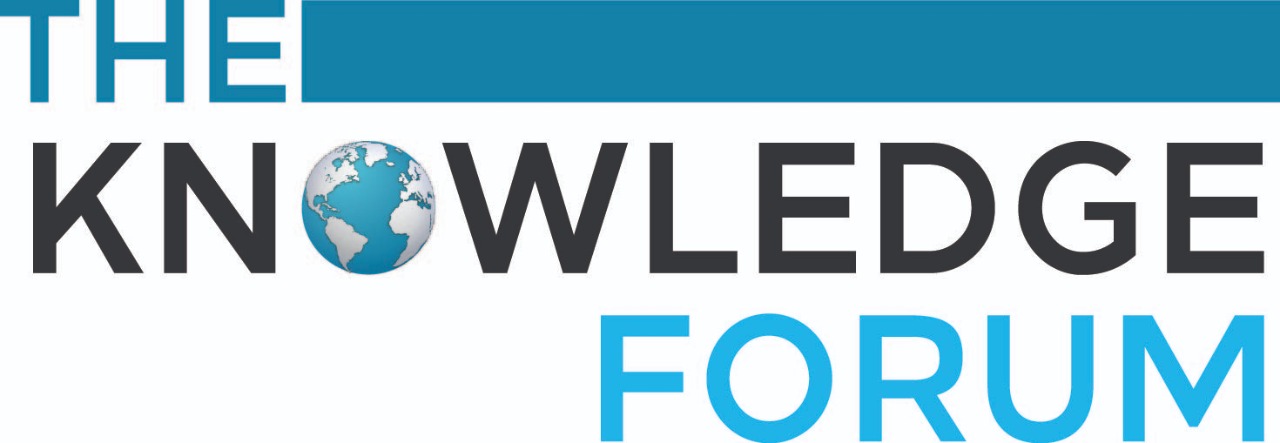Pakistan Bulletin
An up-to-date and informed analyses of key issues of Pakistan.
Shadows and Strength: The Silent Struggle of Women against Climate Change in Pakistan
May 2024
The recent climate crisis has affected women in rural and impoverished areas of Pakistan, exacerbating existing inequalities and placing them at the forefront of climate-induced hardships.
Women in rural areas of Pakistan are on the frontlines of the climate crisis due to the gender-specific risks that make them more vulnerable to shocks and climate induced poverty.
Due to existing social norms that restrict women’s involvement in formal public activities, women contribute the least to environmentally destructive practices as they lack access to cars, travel less, consume less, and have a lower carbon footprint as compared to men and yet experience the unequal and unjust repercussion of climate change the most. Data regarding the violence faced by women in times of climate crises is either very limited or non-existent which impacts policy decisions as they fail to account for this disproportionate injustice experienced by different populations. There is need for increased involvement of women in the decision-making process of climate resilience and gender justice. Without a participatory approach, any policy put forth will remain gender-blind in at least some aspects resulting in further stratification within institutions and systems. Identification and prioritization of the vulnerable populations at different levels can result in a more inclusive climate action plan that involves not only the government sectors or stakeholders but the very communities that are on the frontlines of this violence.
Extremes in temperatures reduce labour productivity and negatively impact the economic capacity of women.
In the context of Pakistan, especially, integrating gender sensitivities into climate strategies is important due to the nature of the state’s institutions that often fail to acknowledge intersectional issues. Improved access to land, water, education, employment, health resources and technology can alleviate the daily burdens on women and create a more equitable and sustainable future, one where victims of violence are at least compensated for their unjust loss.
Faiza Rehman
Author
Faiza Rehman has a BS in Economics from IBA. She is presently a researcher at IRD.

Join Our Mailing List
Get the latest news and updates from our team
